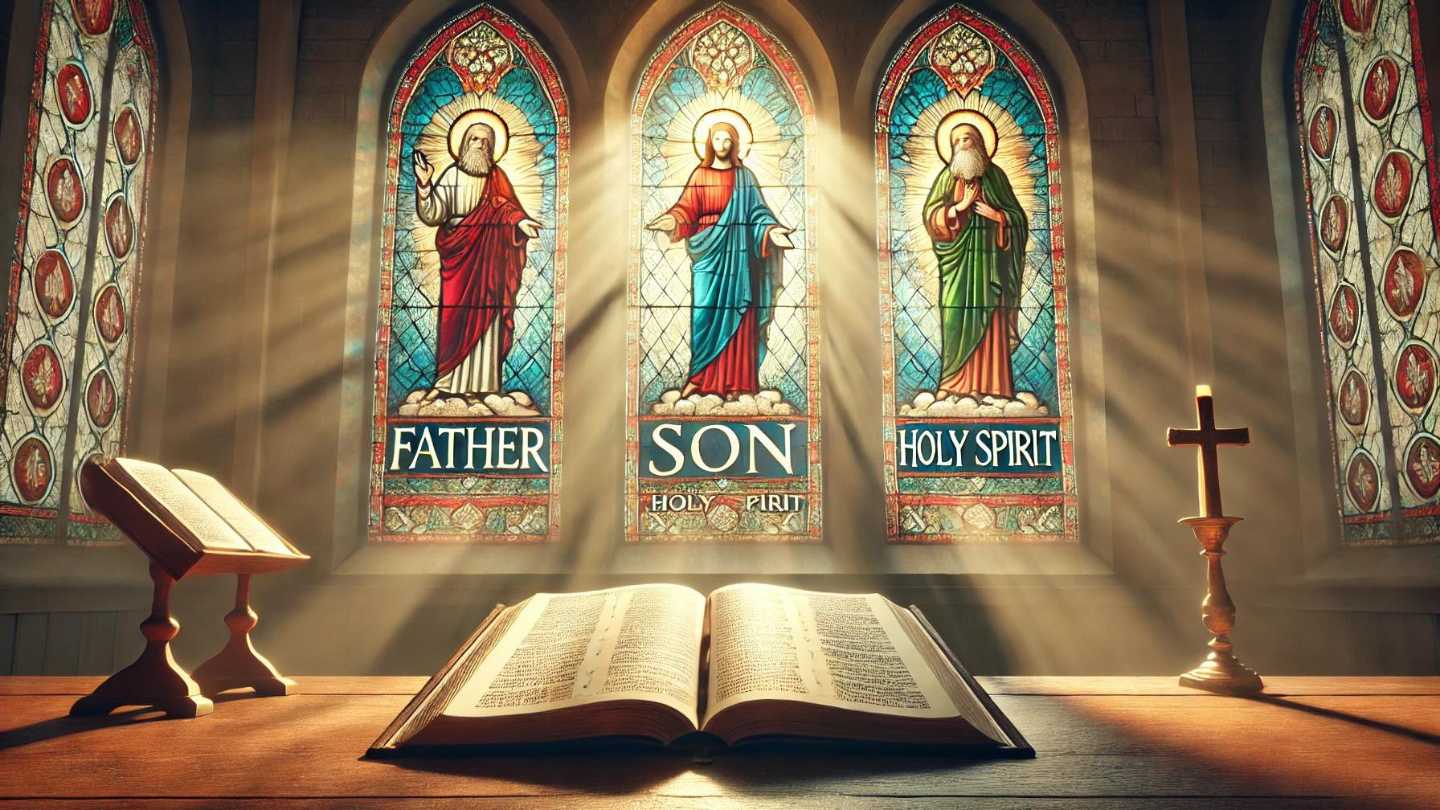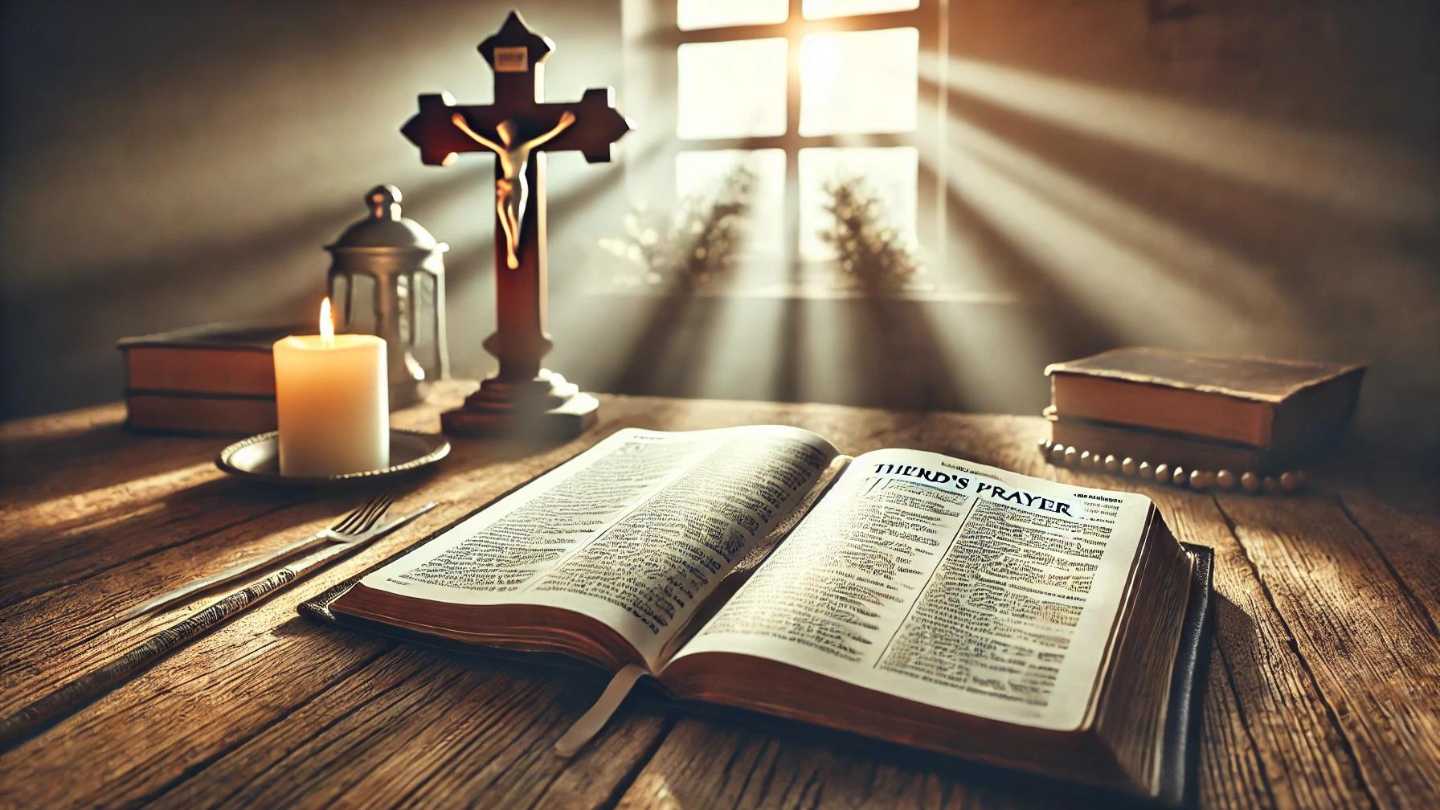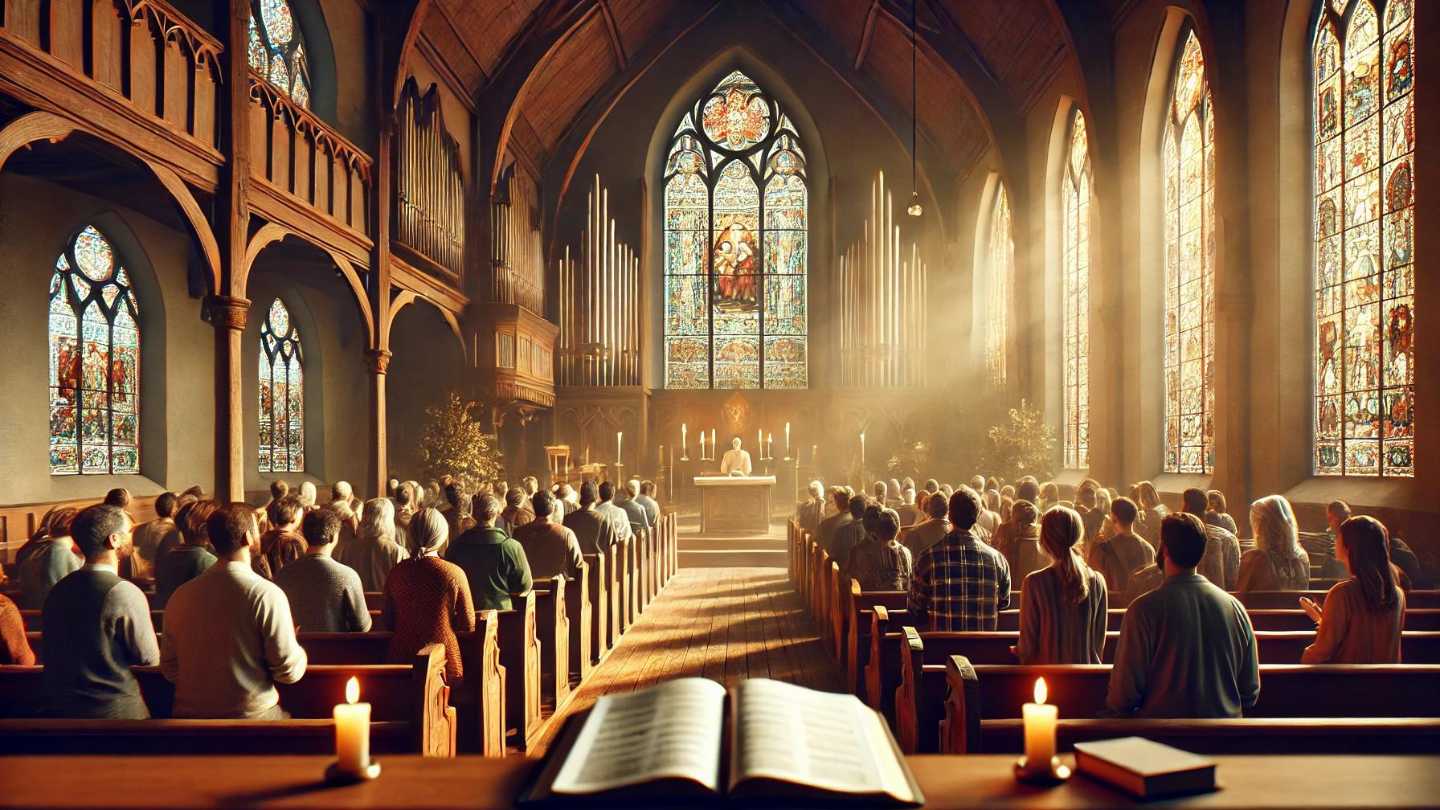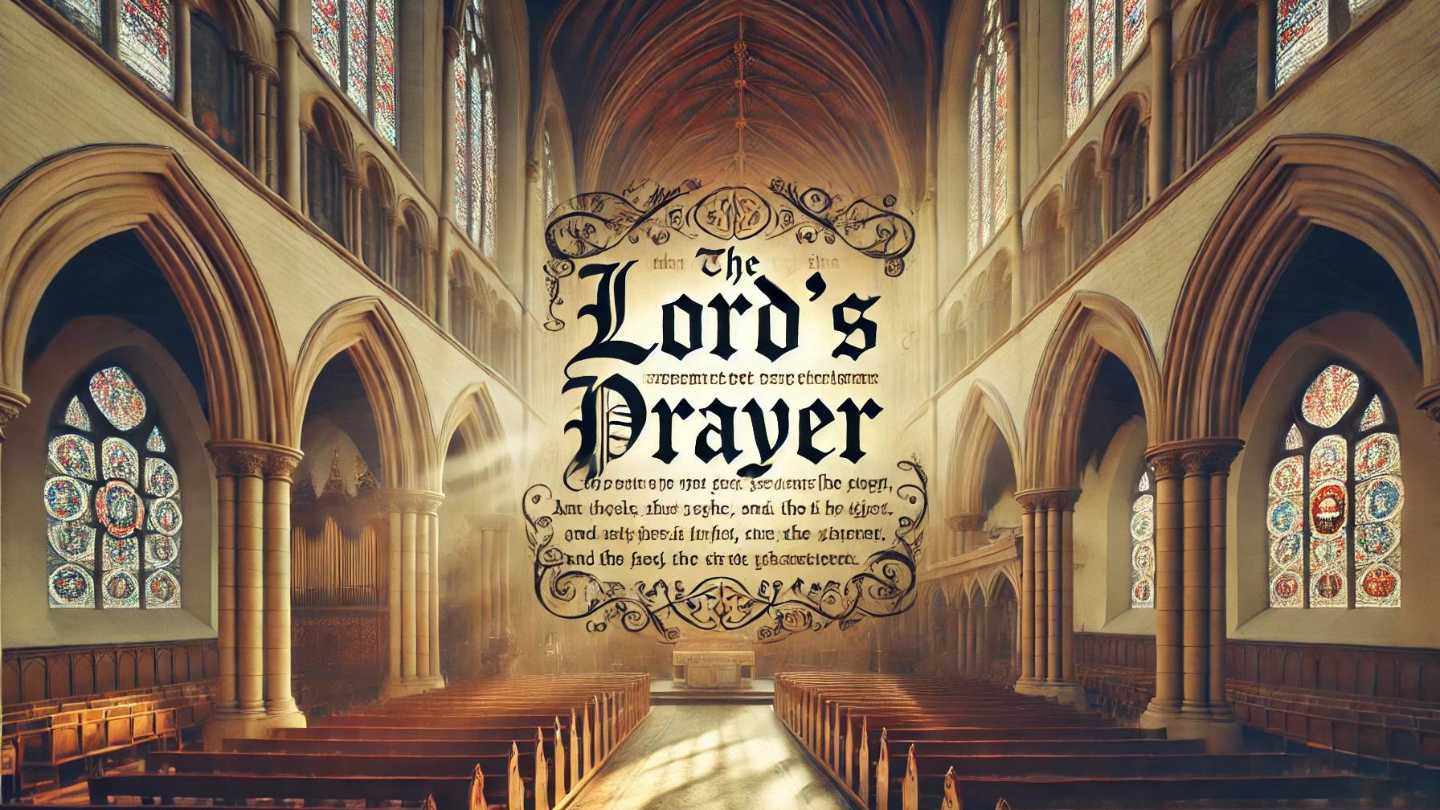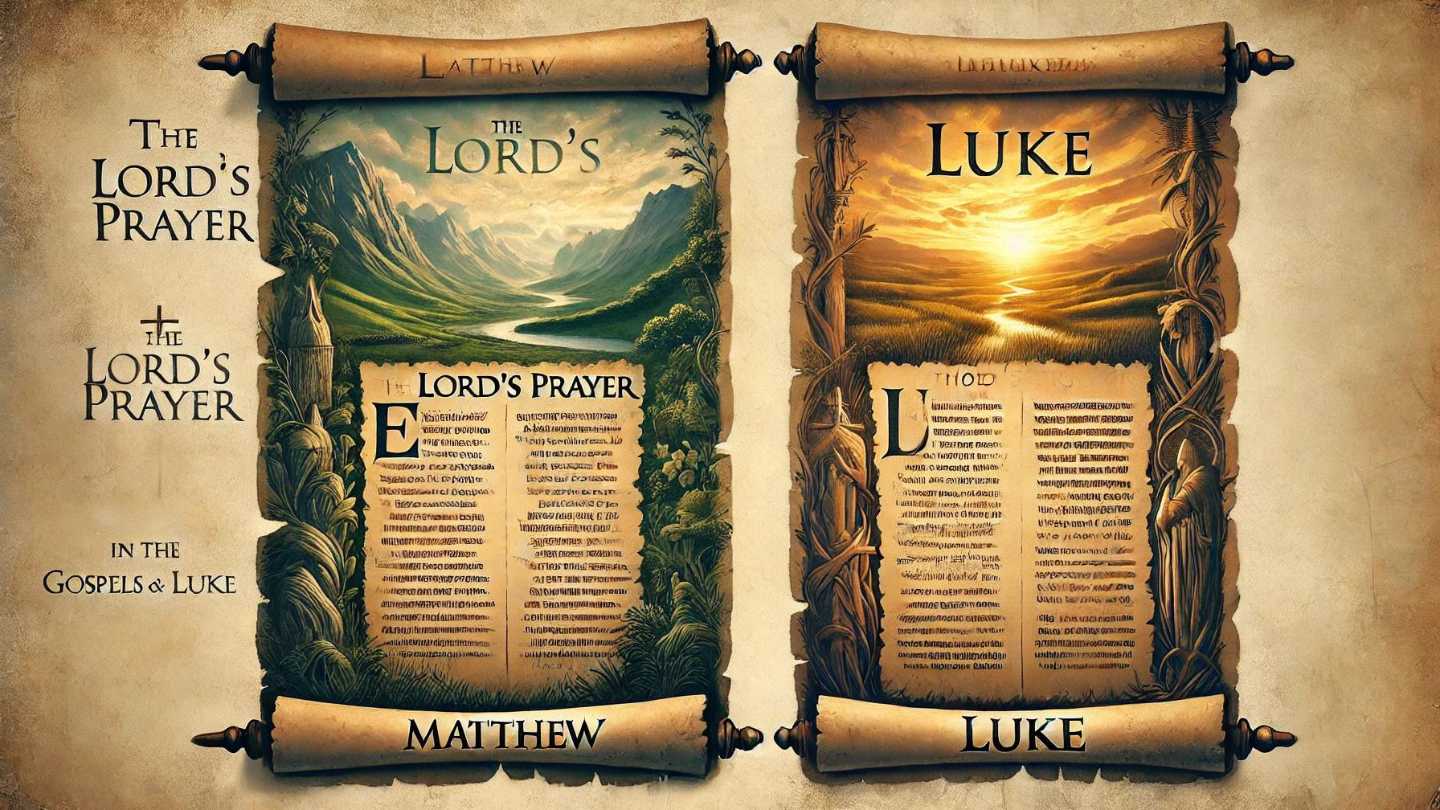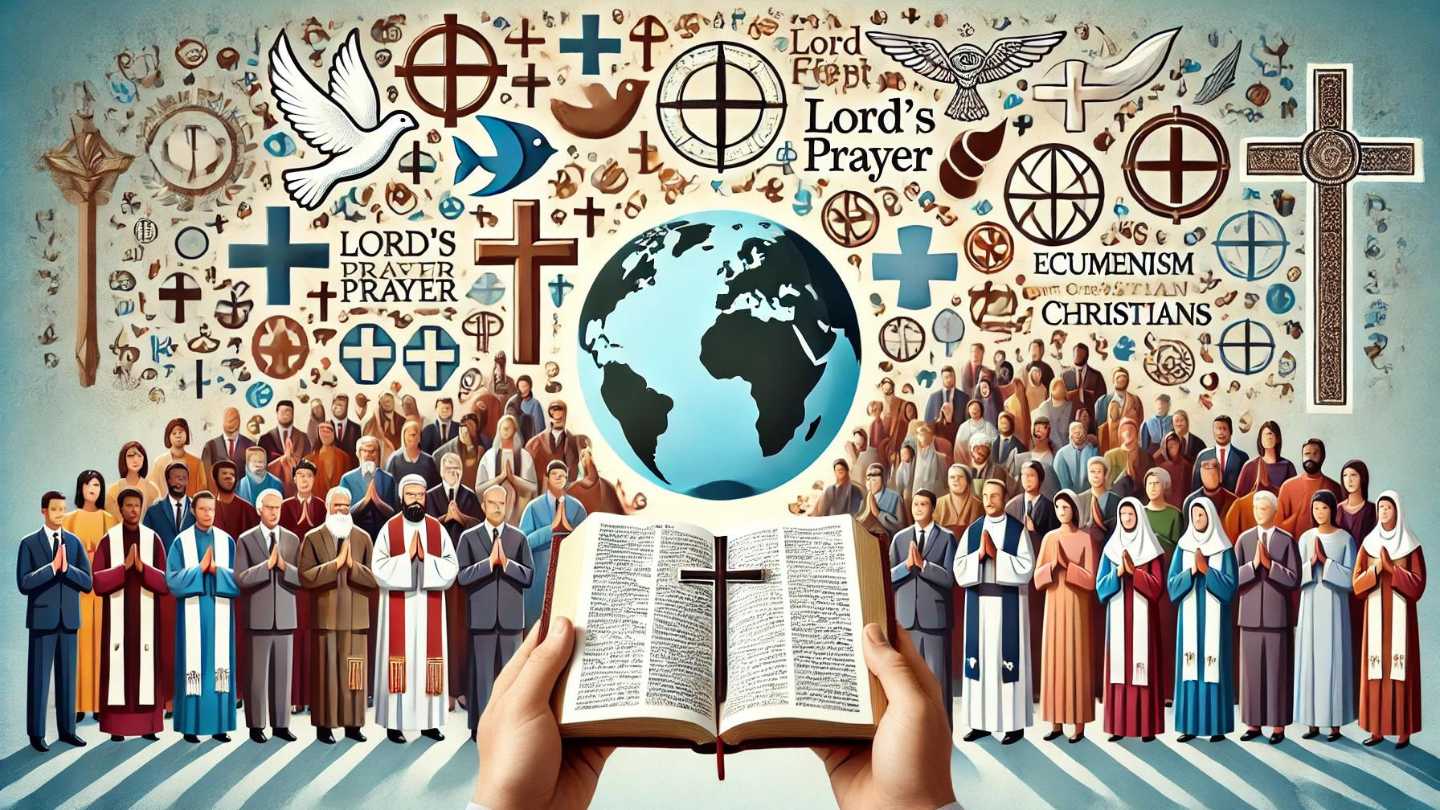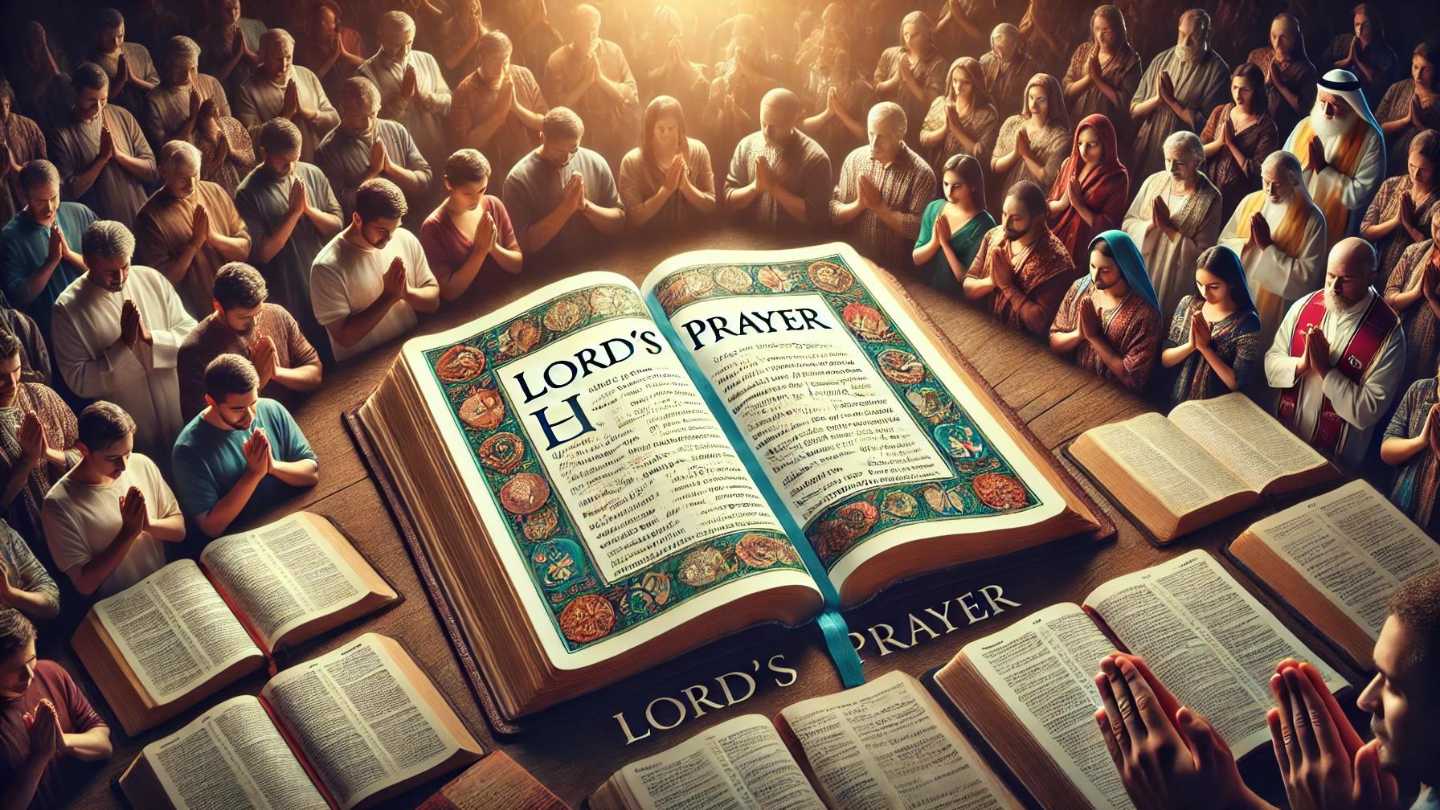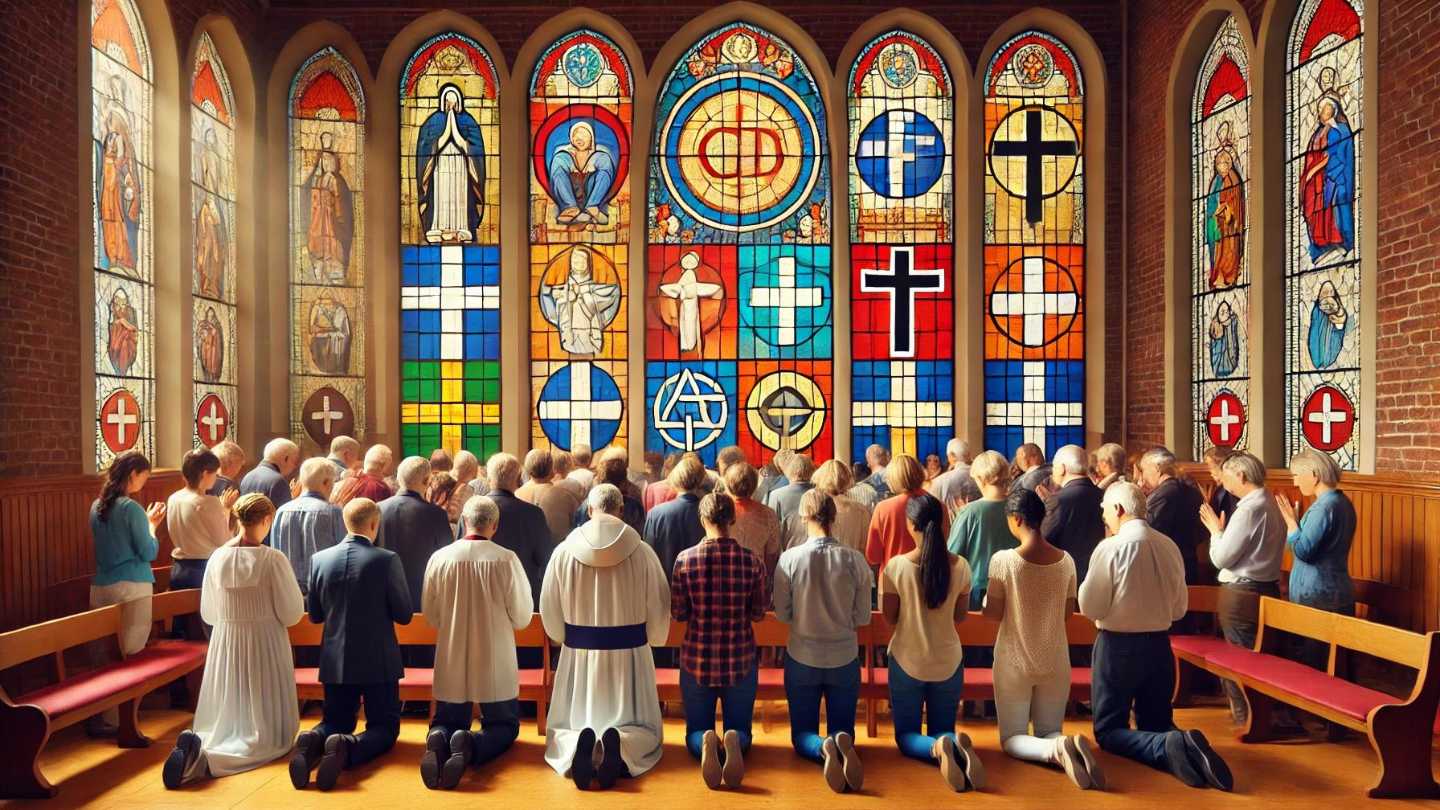The Lord’s Prayer, also known as the Our Father, is a fundamental element of Christian worship. Given by Jesus as a model of how to pray, it encapsulates the essence of Christian faith and spirituality. This prayer is a profound expression of trust, dependence, and reverence towards God, making it central to both personal and communal worship.
Historical Significance
The Lord’s Prayer is rooted in the teachings of Jesus, who introduced it during the Sermon on the Mount (Matthew 6:9-13). It has been a part of Christian liturgy since the early church, symbolizing unity among believers. The prayer’s timeless appeal lies in its simplicity and depth, addressing basic human needs and divine truths.
Theological Importance
Acknowledgment of God’s Sovereignty
The prayer begins with, “Our Father in heaven, hallowed be your name,” recognizing God’s supreme authority and holiness. This opening sets a tone of reverence and submission, reminding worshippers of God’s greatness and their relationship with Him as their Father.
Petition for God’s Will
“Your kingdom come, your will be done, on earth as it is in heaven,” is a call for God’s reign and purposes to be fulfilled on earth. It emphasizes the Christian desire to align with God’s will, reflecting a commitment to live according to His guidance.
Dependence on God for Provision
The phrase, “Give us today our daily bread,” signifies a reliance on God for daily sustenance and needs. It underscores the belief that all provisions come from God, fostering a sense of gratitude and trust.
Request for Forgiveness
“Forgive us our debts, as we also have forgiven our debtors,” highlights the importance of forgiveness in Christian life. It reminds believers of the need to seek God’s mercy and extend the same grace to others, promoting reconciliation and peace.
Seeking Guidance and Protection
The closing petition, “And lead us not into temptation, but deliver us from the evil one,” is a plea for divine guidance and protection. It acknowledges human vulnerability and the necessity of God’s help in overcoming trials and avoiding sin.
Liturgical Role
The Lord’s Prayer holds a pivotal role in Christian liturgy. It is recited in various worship services, including the Eucharist, morning and evening prayers, and private devotions. Its universal inclusion across different denominations signifies its unifying power and importance in collective worship.
Unified Voice in Worship
Reciting the Lord’s Prayer collectively unites believers, creating a shared spiritual experience. This unity is a testament to the communal aspect of Christian faith, where individual prayers merge into a single voice of worship and supplication.
Continuity of Tradition
Incorporating the Lord’s Prayer in worship connects contemporary believers with the historical church. It preserves the tradition handed down through generations, fostering a sense of continuity and belonging within the broader Christian community.
Personal Spiritual Growth
For individual believers, the Lord’s Prayer serves as a guide for personal devotion and spiritual growth. Its comprehensive nature addresses various aspects of life, encouraging a balanced and holistic approach to prayer. Meditating on each phrase helps deepen one’s understanding of God’s character and purposes, enhancing personal faith and piety.
Final Thoughts
The Lord’s Prayer is central to Christian worship because it encapsulates essential truths of the Christian faith, fosters unity among believers, and guides personal spiritual growth. Its profound simplicity and enduring relevance make it a cornerstone of both communal liturgy and individual devotion. As Christians continue to pray these sacred words, they connect with the timeless teachings of Jesus and the universal church, reinforcing their faith and commitment to God.
Related Articles
Author

Alona Smith is a devoted follower of Jesus Christ who believes that life’s true purpose is found in knowing Him and making Him known. She is passionate about sharing God’s Word with clarity and compassion, helping others see the beauty of the gospel of grace revealed through the Apostle Paul.
Grounded in Scripture and led by the Spirit, Alona seeks to live out her faith in practical ways—showing kindness, extending forgiveness, and walking in love. Whether serving in her local church, encouraging a friend in need, or simply living as a light in her community, she strives to reflect Christ in both word and deed.




